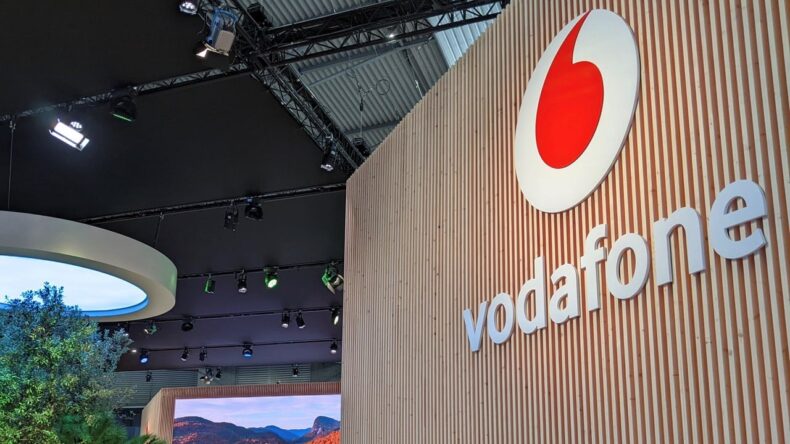With roughly 104,000 employees globally, of which almost 9,400 are employed in the UK alone, Vodafone has planned its biggest round of job cuts in five years.
The arrival of the new sun does not necessarily mean an increase in happy news for those working at Vodafone UK, as the telecommunications company has announced that it intends to say goodbye to hundreds of its employees as a result of its restructuring plans.
There have been bad and low years in the European telecom sector.
Many telecom companies have cut their prices by half because of this, including Vodafone and BT in the United Kingdom.
European power cuts and low energy supplies have increased interest rates and taxes for businesses.

Image Source: Google
The UK has roughly 9,400 Vodafone employees out of 104,000 worldwide.
The company faced significant challenges in the previous fiscal year, and it was put under intense pressure from investors to eliminate underperforming units.
Cost savings
Following the announcement that the group’s profits had fallen in the first half of the year, the company announced in November that it would cut over $1 billion in costs by 2026.
Vodafone employs approximately 104,000 people worldwide, including 9,400 in the United Kingdom.
The recent difficult years have resulted in a significant drop in the valuations of some of the leading telecom groups.
British Telecom and Vodafone in the United Kingdom, Telefónica in Spain, and Orange in France are among them.
Vodafone’s business in India has also been under pressure in recent years. Despite the fact that the government has converted a large portion of the company’s debt into equity, the company faces an uncertain future. “We are reviewing our operating model, focusing on streamlining and simplifying the group. We will be announcing more about the changes when we announce our third quarter results on 1 February. Will tell.”- Vodafone said in a statement.
Fears of a global recession have prompted Vodafone to cut hundreds of jobs in London in order to cut costs.
The company stated that it intended to simplify and significantly streamline the group, as well as accelerate the digitalization of its operations.
Vodafone CEO Nick Read stated that driving efficiency, product improvements, and digitisation has an impact on some job roles in terms of redundancy.
However, he emphasised that the company is also creating jobs in other areas, such as DevOps, tech development, and software engineers, which are all growing rapidly.
He did not disclose specific job cuts or clarify which locations redundancies could occur at the time.
He also stated that the network would take “pricing action” throughout Europe to combat high energy bills.
Vodafone has raised contract prices, reduced promotional discounts, and linked prices to inflation in 12 of 13 European markets.

Image Source: Google
Read clarified that Vodafone would have to take a step back due to a decade of deflation and significant negative impacts on inflation and energy.
As a result, price increases are a critical component of what Vodafone needed to do, as they are in every other industry.
The UK-based mobile network reported a 2.6 percent drop in adjusted earnings in the first half of its fiscal year, owing to commercial underperformance in its largest market, Germany, and a one-time legal settlement in Italy.
Its revenue increased by 2% to €22.9 billion, up from €22.5 billion in the same period last year.
Due to the worsening macroeconomic environment since May, the company reduced its full-year earnings guidance by €300 million at the upper end of expectations.
It now expects to earn between €15-15.2 billion this year, down from €15-15.5 billion earlier in the year.
Vodafone stated that it is aware of its customers’ financial difficulties and has implemented a cost-of-living plan to assist them.
It includes social or low-cost tariffs, as well as additional measures to assist customers and businesses, as well as to assist customers in reducing their energy consumption.
Additionally, according to Read, more customers are likely to keep their mobile phones for longer periods of time rather than upgrading in order to save money.
“People are choosing to stick with their current handset for another six months or so instead of upgrading to the latest iPhone or Samsung,” he said.
In order to hasten the rollout of 5G, Vodafone disclosed that it was in merger negotiations with Three, a competing mobile network.













